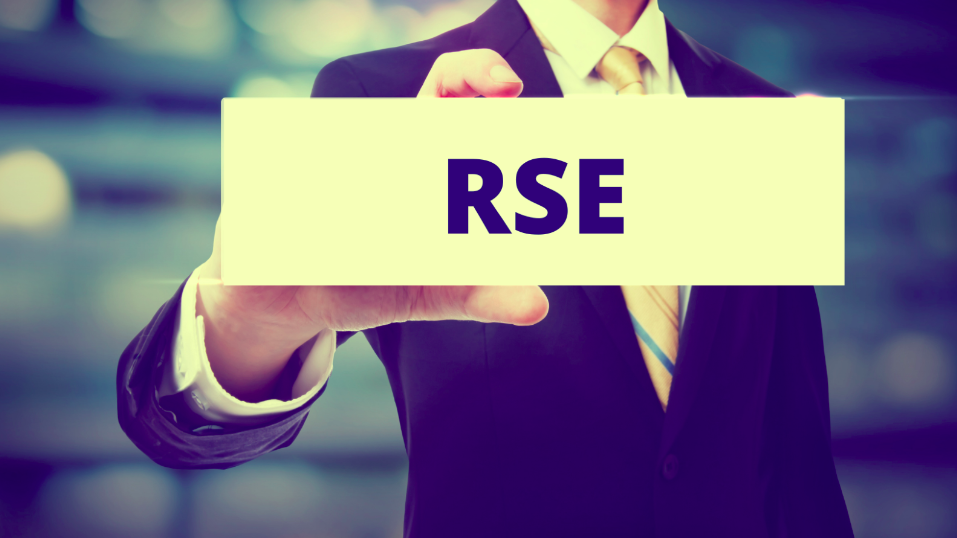
Nowadays, the concepts of sustainability and environmental responsibility are more and more present in our lives, from consumption to lifestyle and work.
Development projects and programs are no exception. In fact, they are closely linked to social and environmental responsibility, as they both aim to create a positive impact on society and the environment.
Because they provide the official documentation of an organization’s processes and policies, procedure manuals are a key tool for integrating social responsibility into development projects.
Social responsibility measures such as guidelines on environmental impact management, human rights protection, stakeholder engagement, diversity and inclusion, complaints management, etc., are therefore included in project procedures and policies.
What is social responsibility for development projects?
Social responsibility for development projects refers to the engagement and obligation of the actors involved in these projects to take account of social, environmental, and economic impacts in their planning, implementation, and evaluation.
What are the benefits of integrating social responsibility into development projects?
The integration of social responsibility is a crucial factor in ensuring long-term benefits. It enables:
- Guarantee stakeholder inclusion, by ensuring that their needs, opinions, and concerns are considered throughout the project planning and implementation process. This enhances trust, transparency, and social acceptance, which are essential to the project’s success.
- Minimize the project’s ecological footprint and preserve local ecosystems for future generations, by implementing clear guidelines for reducing adverse environmental impacts, conserving natural resources, managing waste, and promoting environmentally friendly practices.
- Promote sustainable economic development and improve living conditions for the populations affected by the project. It supports the implementation of policies and actions to promote local employment, community empowerment and capacity building.
However, this integration requires a structured, systemic approach.

A few tips for developping a procedures manual to ensure responsible, sustainable practice:
- Perform an impact analysis.
Undertake an exhaustive analysis of the project’s potential impacts on social, economic, and environmental aspects. Assess the positive and negative consequences of the project on the interests of stakeholders.
- Define the project’s goals and values.
Before writing a procedures manual, it is important to clearly define the company’s goals and values. This step ensures that all procedures are consistent with the project vision.
- Integrate environmental and social standards.
Procedure manuals must include environmental and social standards (policies on human rights, environmental protection, quality standards, labor standards, etc.) to guarantee responsible and sustainable practices.
– Involve and train stakeholders

Procedure manuals must be developed in collaboration with all stakeholders, including employees, beneficiaries, suppliers, and partners.
In addition, it is also essential to train these parties in responsible and sustainable practices to ensure their implementation.
- Be transparent with the information.
Establish accountability mechanisms to enable affected stakeholders to voice their concerns and demand accountability. Information on the project, its purpose, impact, and results must be accessible to the public and stakeholders.
- Establish clear and detailed procedures.
Procedures should be clear and detailed to avoid ambiguity or misinterpretation. Stakeholders should be able to easily understand the procedures and follow them to ensure responsible and sustainable practice.
- Evaluate and improve procedures on a regular basis.
Procedure manuals should be evaluated and improved regularly to ensure their effectiveness. Indeed, environmental, and social standards can evolve over time, as can the project’s practices.
In conclusion, procedures manuals are an essential tool for ensuring responsible and sustainable practices in projects.

OM Consulting Group provides projects and organisations with a team of experts to help them develop and implement their procedures manuals. We assist these organisations from the definition of the objectives of the procedures manual to the training of those involved in these procedures.

